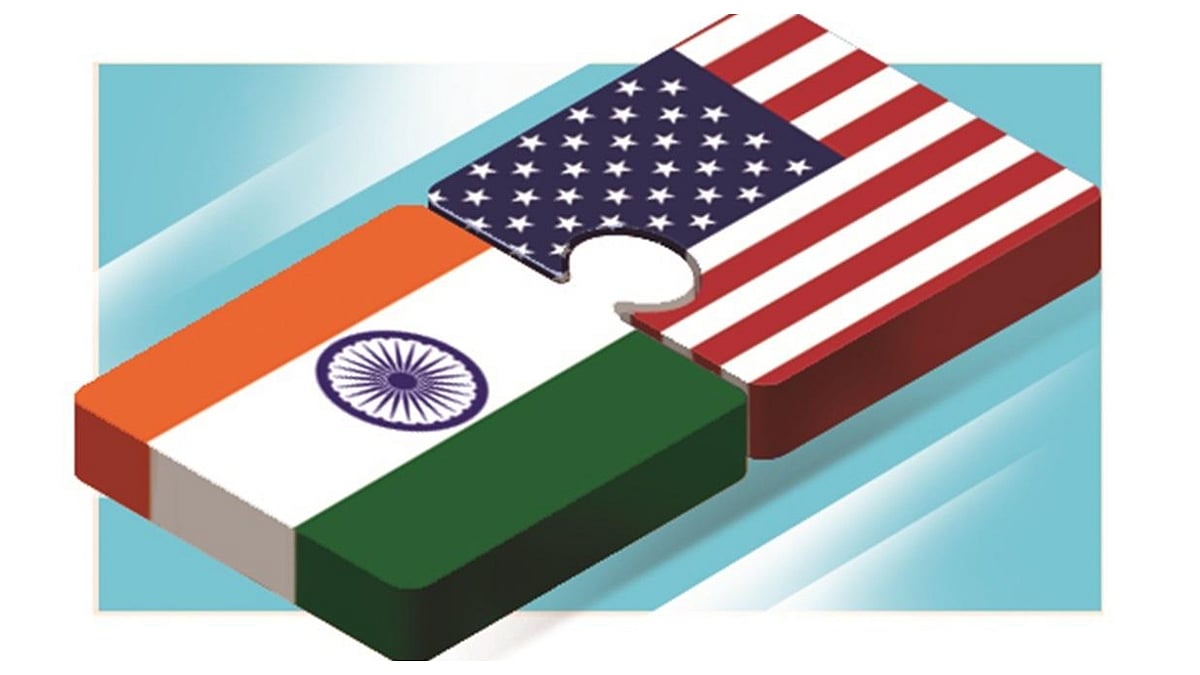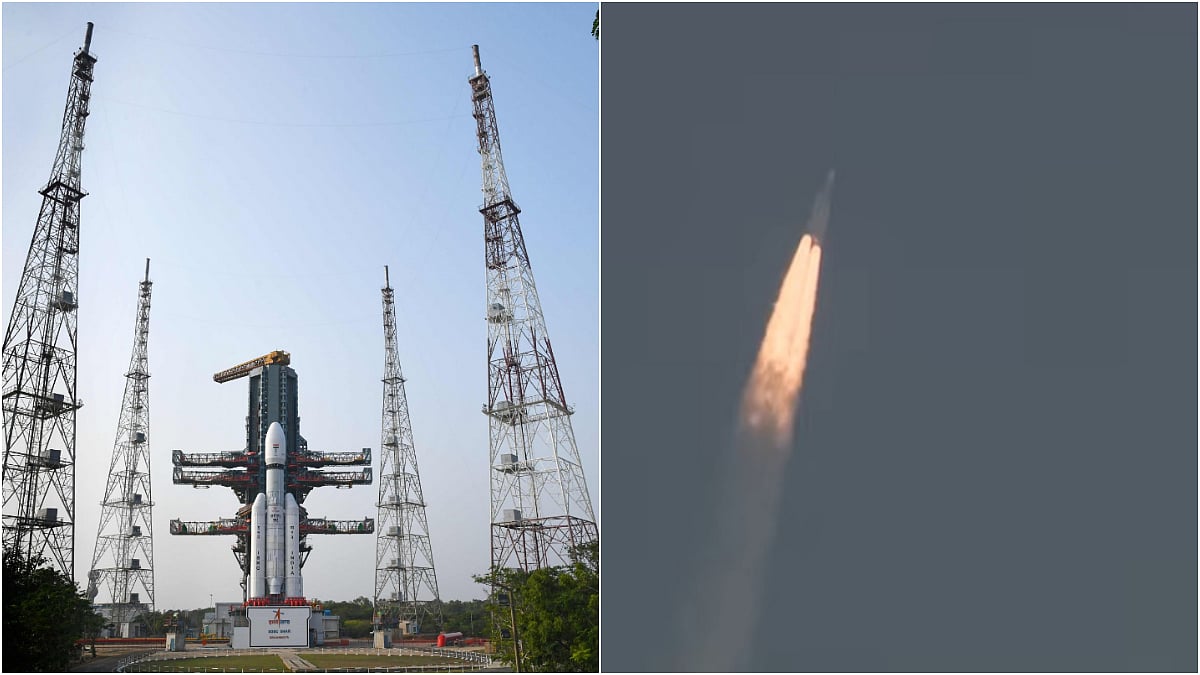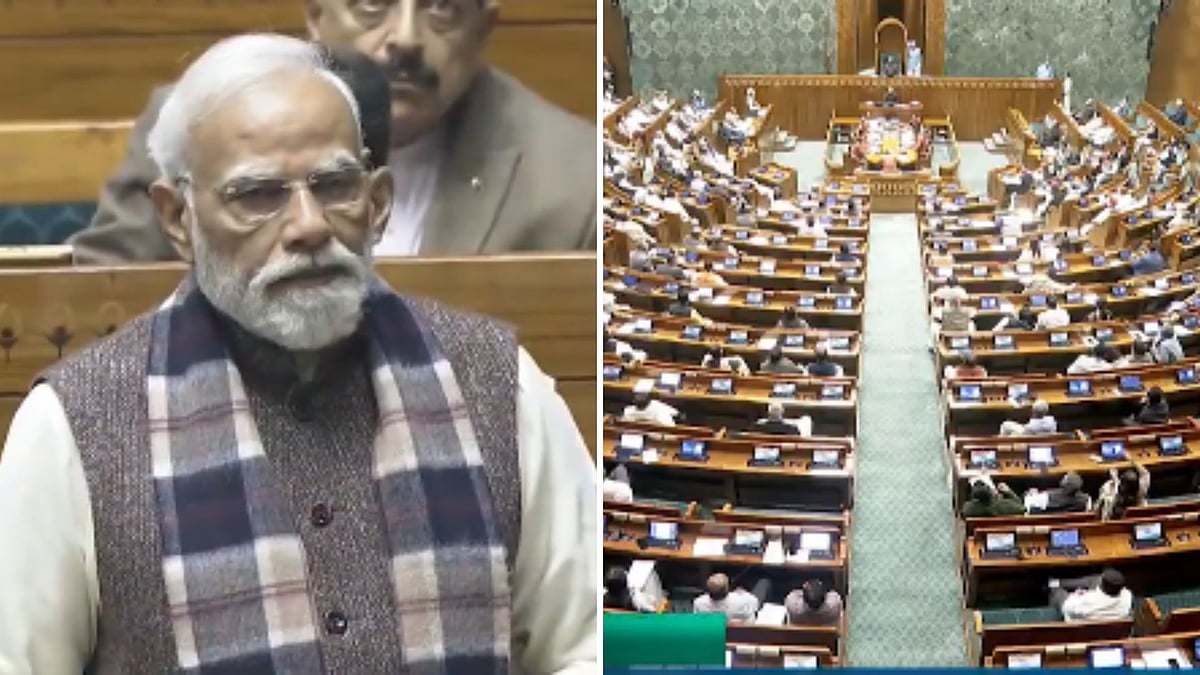The death toll from the Barge P-305 disaster in the aftermath of Cyclone Tauktae is yet to be finalised – it has already reached 51, with hopes of finding alive the 26 still missing fast fading – but the blame game has already begun in earnest. Public sector oil and gas major ONGC, which was operating the offshore rigs where those killed were working, is blaming its contractor AFCONS for the failure to ensure that Barge P-305, which was carrying as many as 261 people, was not moved to a safe location despite having received adequate timely warnings about the cyclone. AFCONS, in turn, has said that it had only chartered the vessel and is blaming the vessel owner and the Master (Captain) of the ship for failing to respond properly to the warnings.
The government has already promised an inquiry into the lapses which led to this tragic loss of life, but the issue must not be allowed to drop there. Accountability must be fixed for the series of errors of judgement, failure to observe the standard operating procedure set in place for precisely such a situation and perhaps, failure to respond in time as the situation escalated.
Accounts by survivors also point to shocking lapses in safety measures and protocols. To start with, it is unclear how the decision of the Master of Barge P-305 to stay anchored in the vicinity, apparently in the belief that the cyclone would take a different trajectory, was neither reviewed nor countermanded even as fresh information was available as to the cyclone’s path. As it transpired, the cyclone took a different path and the wind speeds were also much higher than first predicted, landing the ONGC vessel – as well as five other vessels which also ran into difficulty but did not suffer loss of life – squarely in the path of the storm.
In fact, it is not clear whether the ONGC had a system of centralised review and command for the large number of offshore installations and support fleet that it operates in the Arabian Sea. As it happened, two other construction barges – which were used as sleeping quarters for the men working on the rigs – as well as a drill ship and a tugboat all broke anchor under the cyclone’s fury. With an estimated 700-odd people on board these vessels, the death toll could have been far higher but luckily, the personnel on the other vessels were somehow evacuated to safety.
In fact, were it not for the heroic efforts of the Indian Navy, which managed to rescue 186 people under horrific conditions, the toll could have been much larger. Survivor accounts also allege that 14 life rafts aboard the ill-fated Barge P-305 were punctured and could not be used. It also transpired that many life jackets were also faulty. These allegations must be seriously looked into and accountability fixed for the lapses.
The disaster also calls into question the ONGC’s technical ability to deal with the real-time management of its offshore installations and personnel during a crisis. According to reports, the ONGC was operating 342 installations (of which 99 were floating rigs and vessels, while the rest were fixed rigs) in the region impacted by the storm, with as many as 7,675 people working on these rigs and vessels. Such a huge fleet, and the large number of lives involved, calls for a sophisticated system of monitoring and management to ensure full safety. The ONGC must demonstrate that it has the requisite expertise and systems in-house to do so, before being allowed to continue operations at this scale.
The ONGC says that following weather alerts, all vessels were ordered to follow the SOP laid down for such an eventuality, which 94 out of the 99 vessels followed and shifted to safe locations. The question is how and why the five which did not follow the SOP were allowed to do so or whether they simply escaped notice till it was too late. The ONGC has also not clarified why it did not order all vessels to mandatorily follow the SOP and allowed individual ship Masters to take the final call. After all, drilling operations must have been suspended when the weather turned rough, so the ONGC must answer why so many personnel were kept on site and not immediately evacuated, particularly since there was several days’ early warning.
Oil and gas exploration and extraction in the high seas is one of the most dangerous professions in the world. The ONGC has itself suffered several deadly accidents in the past, including helicopter crashes and a fire on a rig, which claimed many lives. But these were accidents. What has transpired off the Mumbai coast now is not an accident but a tragedy which could, and should have been avoided. Fixing accountability will not assuage the families of those killed but fixing the technical and procedural lapses will, hopefully, help avoid a repeat in the future.









